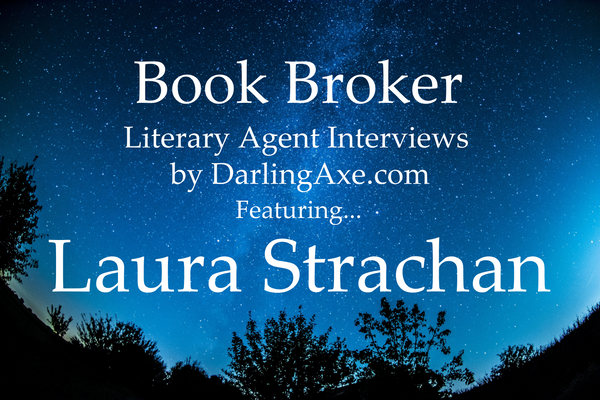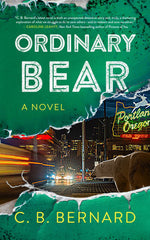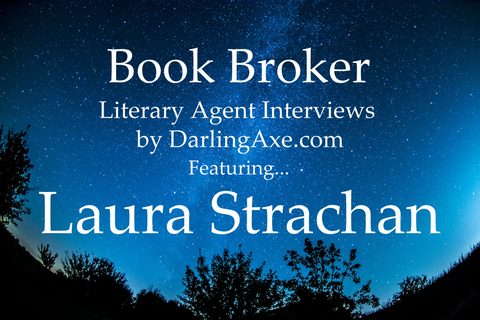Book Broker: an interview with Laura Strachan


Agent: Laura Strachan
Website: StrachanLit.com
Preferred genres: literary fiction and narrative nonfiction.
Bio: Laura Strachan is the founder and principal agent of the Strachan Literary Agency, established in 1998 and based out of Annapolis, MD. She focuses on representing literary fiction and narrative nonfiction.
1) What stands out in a good submission?
For fiction, a manuscript that is polished and as error-free as possible. Standard formatting (Times New Roman, 12 pt., double spaced). The narrative grabs the reader from the first sentence without a lot of backstory.
For nonfiction, proposals that hit all the required elements: overview, author bio, market, marketing, chapter summaries, sample chapters. Again, polished and as error free as possible. A premise that interesting; a different angle on a subject.
2) What's a typical warning sign that a manuscript isn't ready for representation?
Lots of typos, repetitive words or phrases. Signs that the manuscript hasn’t gone through enough review and editing.
3) What's at the top of your manuscript wish list right now?
I’m always looking for anything that's interesting and beautifully written. I’m particularly looking for narrative nonfiction that examines one subject or topic that I don’t know anything about.
4) How do you define narrative voice? And how does it impact your experience of a manuscript?
I guess narrative voice is how the narrative comes across, from what perspective. It needs to feel authentic for the characteristics of the narrator or the narrative doesn’t work.
5) People often say that "agents hate prologues." Is that true for you? What is the most common reason that a prologue falls flat?
I don’t know that I “hate” them, but I do think that prologues tend to be a misdirection to the reader. If that material is important, I think it’s better done as a flashback in a place in the narrative that makes sense.
6) If you could change one thing about the publishing industry, what would it be and why?
Massive advances, especially for established writers (or celebrities) who don’t need them. I have no problem with authors earning whatever they earn. If you sell enough books to earn millions in royalties, then, by all means, you are entitled to that money. But very often those books do not earn out, and I believe that money would be better spent on giving new or midlist authors reasonable advances AND investing more in promoting those books.
7) How has technology changed your approach to agenting?
It’s certainly made it easier. When I started agenting, submissions were still paper, which meant that manuscripts had to be photocopied and mailed, which was expensive and wasteful. Now it’s just an attachment to an email.
8) What red flags in a query letter are enough to cause you to pass on a project without looking at the writer's sample pages?
Authors who claim to have written a bestseller, who threaten that I’ll be “missing out” if I don’t take on the book, authors who don’t follow normal query protocol (hook, description, author bio) but rather ramble on for paragraphs about their lives. Authors who send mass queries.
9) What's the best (non-client) book you've read recently, and how did it hook you?
I’ve read a lot of things recently that I liked, although not necessarily anything that I loved. I did very much like JULIA by Sandra Newman. It’s very clever retelling of the classic 1984 from the point of view of the Julia character.

10) Can you tell us about an exciting author you're working with at the moment?
Chris Bernard’s second novel, ORDINARY BEAR comes out April 4. About a man who experiences a tragedy and then fights to save the life of a child and redeem himself. It’s full of fabulous characters—and a lot of heart.







